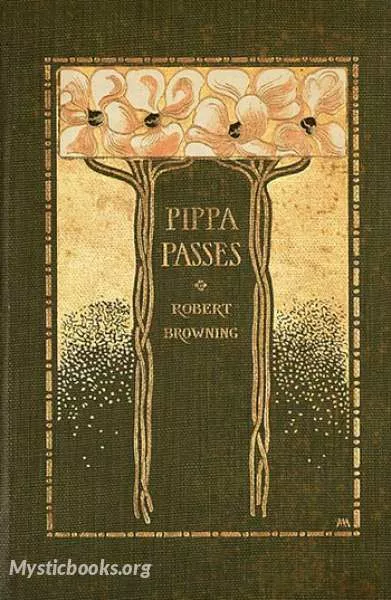
Pippa Passes
'Pippa Passes' Summary
The author described the work as "the first of a series of dramatic pieces". A young, blameless silk-winding girl is wandering innocently through the environs of Asolo, in her mind attributing kindness and virtue to the people she passes. She sings as she goes, her song influencing others to act for the good—or, at the least, reminding them of the existence of a moral order. Alexandra Leighton (Mrs Sutherland Orr) described the moment of inspiration:
Mr Browning was walking alone, in a wood near Dulwich, when the image flashed upon him of some one walking thus alone through life; one apparently too obscure to leave a trace of his or her passage, yet exercising a lasting though unconscious influence at every step of it; and the image shaped itself into the little silk-winder of Asolo, Felippa, or Pippa.
This theme followed with great naturalness from Sordello (1840), in which the role in life of poets was analysed.
The work caused some controversy when it was first published, due to the matter-of-fact portrayals of many of the area's more disreputable characters—notably the adulterous Ottima—and for its frankness on sexual matters. In 1849, a writer in The English Review, complained:
We have already referred to the two drawbacks, of which we have to complain in particular: the one is the virtual encouragement of regicide, which we trust to see removed from the next edition, being as unnatural as it is immoral: the other is a careless audacity in treating of licentiousness, which in our eyes is highly reprehensible, though it may, no doubt, have been exhibited with a moral intention, and though Mr. Browning may plead the authority of Shakespeare, Goethe, and other great men, in his favour.
Despite this, the most famous passage in the poem is charming in its innocence:
The year's at the spring
And day's at the morn;
Morning's at seven;
The hill-side's dew-pearled;
The lark's on the wing;
The snail's on the thorn:
God's in his heaven—
All's right with the world!— from Act I: Morning
although the timing of this song (during Sebald and Ottima's discussion of their affair and the murder of Luca) renders it deeply ironic.
Book Details
Authors
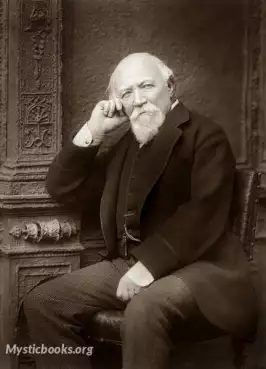
Robert Browning
England
Robert Browning was an English poet and playwright whose dramatic monologues put him high among the Victorian poets. His verse was noted for irony, characterization, dark humour, social commentary, hi...
Books by Robert BrowningDownload eBooks
Listen/Download Audiobook
- Select Speed
Related books
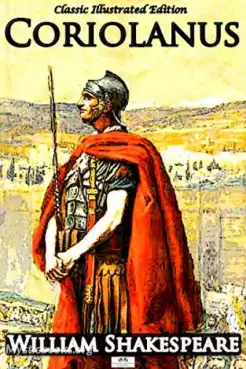
Coriolanus by William Shakespeare
Coriolanus is a tragedy by William Shakespeare, believed to have been written between 1605 and 1608. The play is based on the life of the legendary Ro...
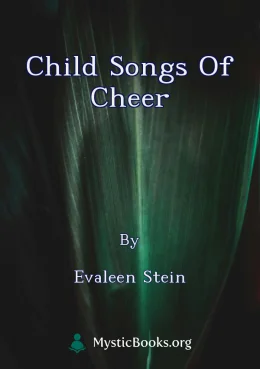
Child Songs of Cheer by Evaleen Stein
Evaleen Stein's "Child Songs of Cheer" is a delightful collection of poems written for young readers. Stein, an Indiana poet, captures the essence of...
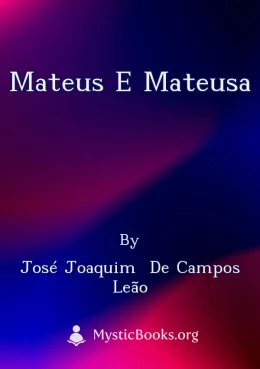
Mateus e Mateusa by José Joaquim de Campos Leão
“Mateus e Mateusa” por José Joaquim de Campos Leão é uma peça teatral que explora a dinâmica complexa de um casal idoso após 50 anos de casamento. Ma...
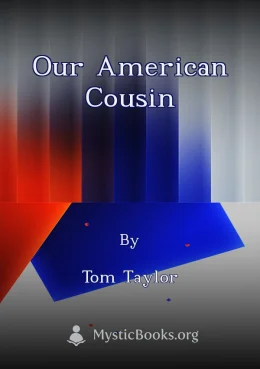
Our American Cousin by Tom Taylor
Our American Cousin is a three-act farce by English playwright Tom Taylor, first staged in 1858. The play centers on Asa Trenchard, a naive and somewh...
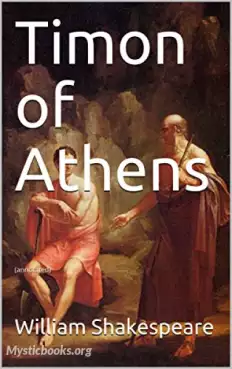
Timon of Athens by William Shakespeare
The Life of Timon of Athens is a play by William Shakespeare about the fortunes of an Athenian named Timon (and probably influenced by the philosopher...
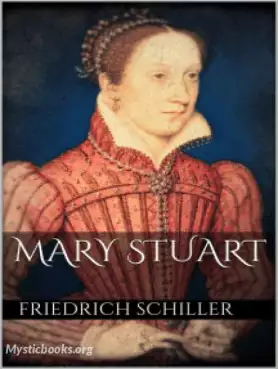
Mary Stuart by Friedrich Schiller
Mary Stuart is a verse play by Friedrich Schiller that depicts the last days of Mary, Queen of Scots. The play consists of five acts, each divided int...
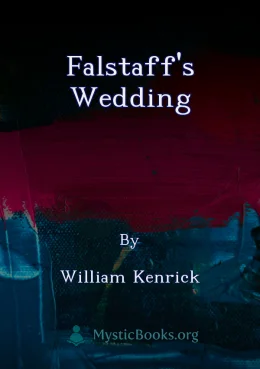
Falstaff's Wedding by William Kenrick
Falstaff's Wedding is a play written by William Kenrick in the 18th century. It serves as a sequel to Shakespeare's works Henry IV, Part 2 and The Mer...
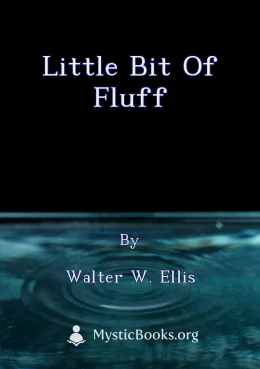
Little Bit of Fluff by Walter W. Ellis
Little Bit of Fluff is a classic farce that revolves around a series of comedic misunderstandings and mishaps. The plot hinges on an insurance investi...
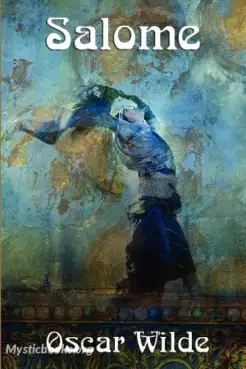
Salome by Oscar Wilde
Salome is a one-act tragedy by Oscar Wilde. The original 1891 version of the play was in French; an English translation was published three years late...

Favourite Scenes From Shakespeare by William Shakespeare
Immerse yourself in the world of Shakespeare's theatrical genius with "Favourite Scenes From Shakespeare," a captivating collection of the Bard's most...
Reviews for Pippa Passes
No reviews posted or approved, yet...